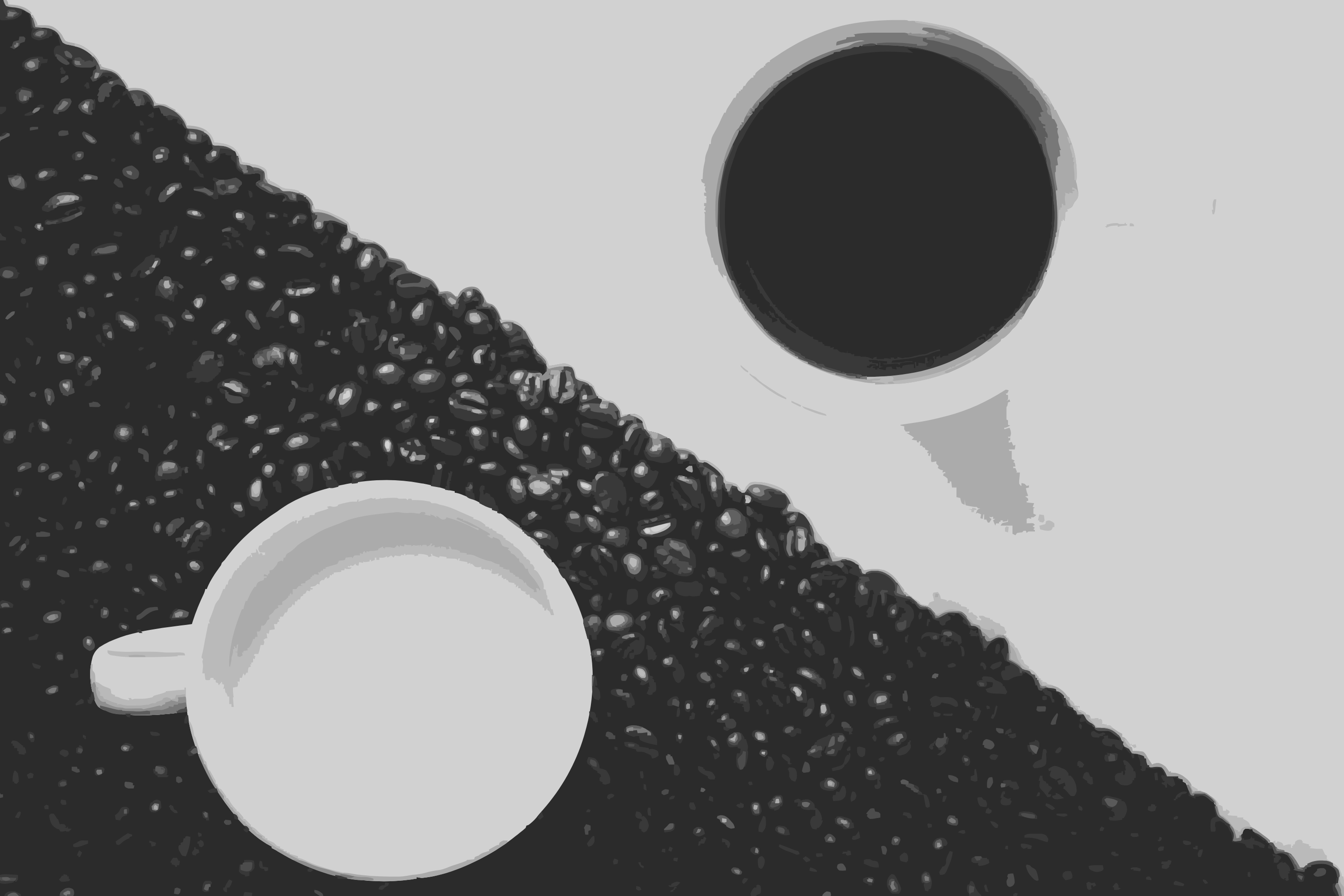Classical conditioning vs. operant conditioning: the ultimate showdown.
Two psychologists. Two animals. Two discoveries that explain why you can't stop checking your phone, why certain songs make you cry, and why you keep hitting the snooze button even though you hate being late.
In one corner, we have Ivan Pavlov and his drooling dogs: the accidental genius who discovered that your brain makes connections whether you want it to or not. Ring a bell enough times before feeding dogs, and eventually those dogs will drool just from hearing the bell. No food required.
In the other corner, B.F. Skinner and his lever-pressing rats: the deliberate mastermind who figured out that consequences shape behavior. Put a rat in a box with a lever that sometimes gives food, and watch that rat turn into a tiny gambling addict.
Classical and operant conditioning are the two fundamental ways your brain learns, adapts, and gets completely hijacked by everything from Netflix algorithms to your morning coffee routine.
Classical conditioning explains why your heart races when you hear your boss's ringtone. Operant conditioning explains why you keep checking social media even though it makes you feel worse.
The question isn't which type of conditioning affects you — it's which one is winning the battle for control of your brain.
Spoiler alert: they're both winning, and you're caught in the crossfire…but you can take control back over your life with a little know-how and intention.
Quick Refresh: What Are Classical and Operant Conditioning?

Since we've already covered these in detail (classical conditioning here and operant conditioning here), let's do a quick refresh.
Classical Conditioning: The Pavlov Story
Your brain makes automatic connections between unrelated things. Dogs hear bell + see food enough times = dogs drool at just the bell. You hear your alarm + feel stressed enough times = you feel anxious just hearing that sound anywhere. It's learning through association, and you have zero conscious control over it.
Operant Conditioning: The Skinner Story
Your behavior gets shaped by what happens after you do something. Rat presses lever + gets food = rat keeps pressing lever. You post selfie + get likes = you keep posting selfies. It's learning through consequences, and you're actively choosing the behaviors (even if you don't realize why).
Classical conditioning happens TO you (automatic associations). Operant conditioning happens BECAUSE of you (your choices have consequences).
Both are running your life simultaneously, but let's see how they stack up against each other.
Classical vs Operant Conditioning: What’s the Difference?
What Triggers the Learning?
Classical: Your brain notices two things happening together repeatedly and decides they must be connected. No conscious thought required — your brain just starts making associations.
Operant: Consequences trigger learning. You do something, the world responds (good or bad), and your brain takes notes for next time.
Who’s in Control?
Classical: You're basically a passenger. Your brain forms associations whether you like it or not. That anxiety from your dentist's office smell? Yeah, not your choice.
Operant: You're the driver making choices, even if you don't realize why. You actively decide to check your phone because your brain has just learned it's usually worth it.
Timing Matters
Classical: The neutral stimulus (bell) comes BEFORE the natural response (food/drooling). Your brain learns to predict what's coming.
Operant: Your behavior comes FIRST, then the consequence follows. Your brain learns whether actions are worth repeating.
Types of Responses
Classical: Involuntary, automatic reactions. Sweating, heart racing, emotional responses, salivation. Your body does these things without permission.
Operant: Voluntary actions you consciously choose. Walking, talking, texting, working. You decide to do these things (even if the reasons are subconscious).
How They Stick Around
Classical: Through repeated pairings. The more often your brain sees two things together, the stronger the association becomes.
Operant: Through reward/punishment schedules. The more reliably a behavior leads to good or bad outcomes, the stronger the habit becomes.
So, Which One Controls Your Life More?

For better or worse, they're both running the show, and they've formed an unholy alliance against your free will.
Classical Conditioning in Your Day
Your morning coffee smell instantly makes you feel more alert before you've even had a sip. That specific song comes on and you're suddenly back in high school feeling oh-so-freaking awkward. You see your ex's car in traffic and your stomach drops. You walk into Target and suddenly feel the urge to buy things you don't need. Your phone buzzes and you feel that little anxiety spike before you even check what it is.
None of these responses were conscious choices. Your brain just connected dots and now you're emotionally reacting to random stimuli.
Operant Conditioning in Your Day
You check Instagram because it sometimes gives you dopamine hits. You show up to work because paychecks are nice. You avoid certain routes because traffic tickets suck. You keep binge-watching Netflix because each episode ends with just enough reward to make you want the next one. You hit snooze because it removes that annoying alarm sound.
These feel like choices, but they're really just your brain following the behavioral scripts it's learned through consequences.
How Operant conditioning and Classical Conditioning Work Together
Your phone uses both types simultaneously. The notification sound (classical conditioning) creates automatic anxiety that makes you want to check your phone. Then checking your phone (operant conditioning) sometimes provides social validation, which reinforces the checking behavior.
Social media platforms are basically psychological warfare, using every trick Pavlov and Skinner discovered to keep you scrolling.
Your brain isn't choosing between classical and operant conditioning — it's using whichever system works faster to get what it wants.
Why Do These Differences Even Matter?

Knowing which type of conditioning is trying to exploit your brain helps you change how you fix unwanted patterns:
- Trying to break a classical conditioning response? You can't just willpower your way out of an automatic association. That anxiety you feel hearing your boss's ringtone won't disappear because you tell yourself to stop being anxious. You need to weaken the association through exposure or create new, competing associations.
- Trying to change an operant conditioning pattern? You need to mess with the consequences. Can't stop checking social media? Willpower won't work, but removing the app or changing the reward structure will.
- The real power move? Recognizing when companies, apps, or people are using these principles to manipulate your behavior. That limited time offer is just operant conditioning designed to make you act fast. And those push notifications are classical conditioning to create urgency.
Once you know which psychological system is being exploited, you can better defend against it.
Take Control Over Your Life
Most of us live our lives on autopilot, controlled by associations we didn't choose and consequences we didn't design.
But now you know the game. You understand that your anxiety isn't just how you are (it's classical conditioning). You recognize that your bad habits aren't character flaws (they're operant conditioning running unchecked).
The question is: what are you going to do with this knowledge? Keep letting Pavlov's bells and Skinner's reward schedules run your life, or start designing your own?
Your brain will keep learning whether you're paying attention or not.
The conditioning is already happening. You might as well be in charge of it.
Subscribe to Hold That Thought for more ways to understand and upgrade your brain.
.png)

.png)
